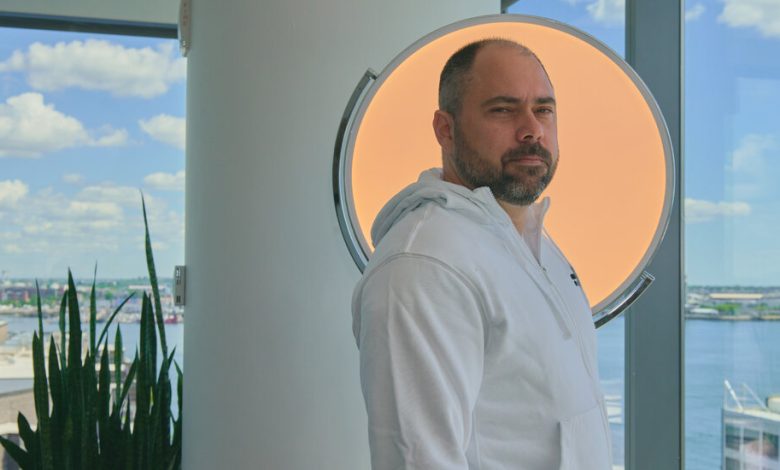The A.I. Boom Has an Unlikely Early Winner: Wonky Consultants

After ChatGPT came out in 2022, the marketing team at Reckitt Benckiser, which makes Lysol and Mucinex, was convinced that new artificial intelligence technology could help its business. But the team was uncertain about how, so it turned to Boston Consulting Group for help.
Reckitt’s request was one of hundreds that Boston Consulting Group received last year. It now earns a fifth of its revenue — from zero just two years ago — through work related to artificial intelligence.
“There’s a genuine thirst to figure out what are the implications for their businesses,” said Vladimir Lukic, Boston Consulting Group’s managing director for technology.
The next big boom in tech is a long-awaited gift for wonky consultants. From Boston Consulting Group and McKinsey & Company to IBM and Accenture, sales are growing and hiring is on the rise because companies are in desperate need of technology Sherpas who can help them figure out what generative A.I. means and how it can help their businesses.
While the tech industry is casting about for ways to make money off generative A.I., the consultants have begun cashing in.
IBM, which has 160,000 consultants, has secured more than $1 billion in sales commitments related to generative A.I. for consulting work and its watsonx system, which can be used to build and maintain A.I. models. Accenture, which provides consulting and technology services, booked $300 million in sales last year. About 40 percent of McKinsey’s business this year will be generative A.I. related, and KPMG International, which has a global advisory division, went from making no money a year ago from generative-A.I.-related work to targeting more than $650 million in business opportunities tied to the technology over the past six months.
